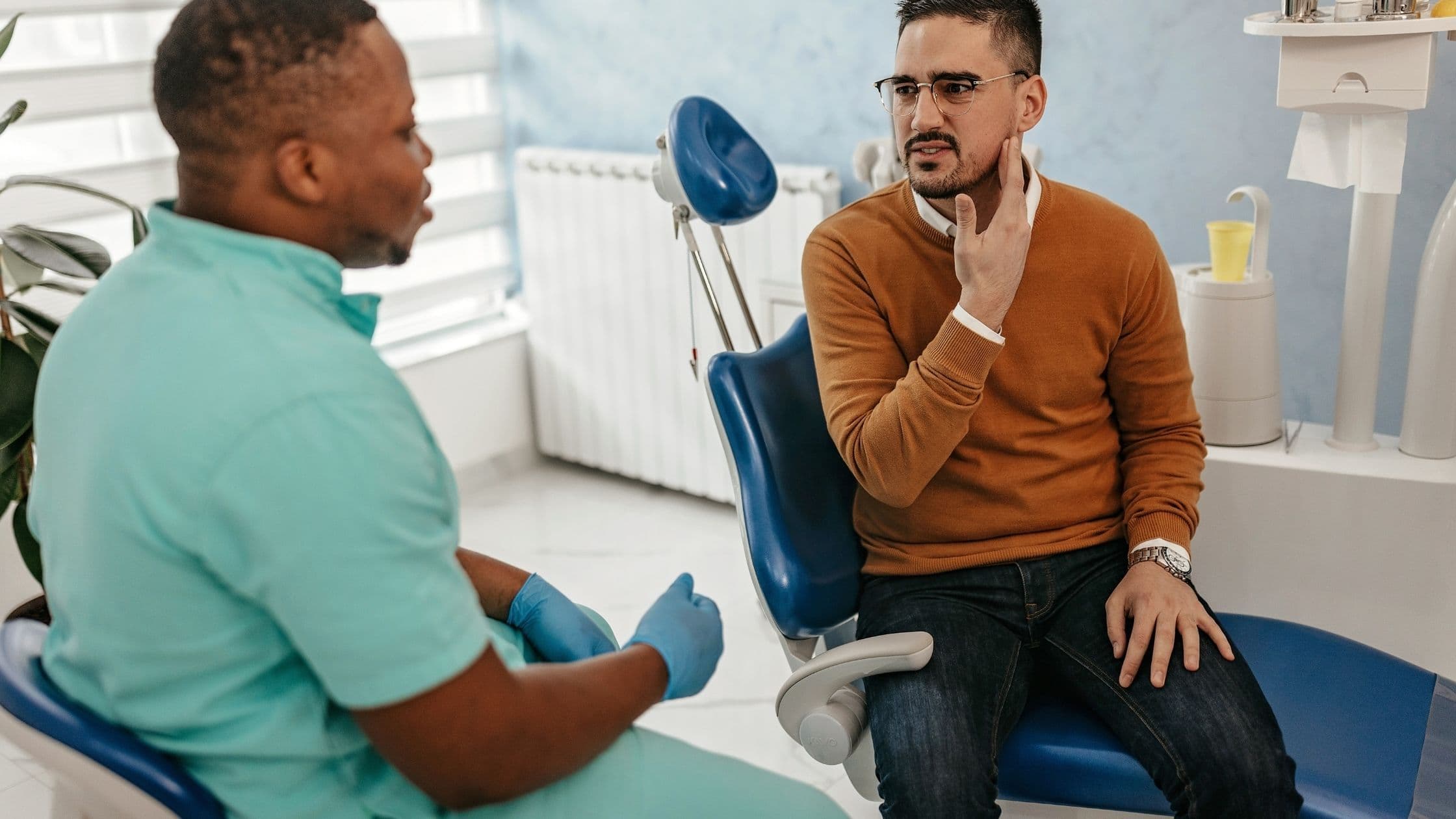Urgent Care: When to Seek Help Beyond Minor Bumps and Bruises
Urgent care centers bridge the gap between your primary care physician's office and the emergency room. They offer same-day treatment for a wider range of issues than a typical walk-in clinic, but address situations less critical than those requiring an emergency room visit. Here, we delve into the symptoms that might warrant a trip to urgent care, helping you decide when it's the most appropriate course of action.

Beyond Bumps and Bruises: A Spectrum of Urgent Care Symptoms
Urgent care centers are equipped to handle a variety of non-life-threatening conditions. While the specific symptoms can vary, here are some general categories to consider:
- Sudden Onset of Illness: If you experience a sudden onset of illness with moderate severity, urgent care can provide prompt evaluation and treatment. This might include:
- Fever, chills, and sore throat (potential signs of infection)
- Cough, congestion, or difficulty breathing (acute respiratory issues)
- Nausea, vomiting, or diarrhea (acute gastrointestinal issues)
- Urinary tract infection (UTI) symptoms like burning urination, urgency, or pain
- Earache or eye infection with associated pain and discomfort
- Acute Injuries: Urgent care can address minor to moderate injuries that require immediate attention but aren't severe enough for the emergency room. Examples include:
- Sprains, strains, or minor bone fractures
- Cuts requiring stitches (lacerations)
- Animal bites or insect stings (depending on severity and potential allergic reactions)
- Burns (depending on the size, depth, and location of the burn)
- Chronic Condition Management: Urgent care can provide temporary relief or management for flare-ups of chronic conditions if your primary care physician is unavailable. This might include:
- Asthma attacks with mild to moderate wheezing or difficulty breathing
- Skin conditions experiencing a flare-up, such as eczema or psoriasis
- Allergies causing mild to moderate symptoms
- Women's Health Concerns: Urgent care centers can address some women's health issues that require prompt attention, such as:
- Vaginal yeast infections or bacterial vaginosis (with bothersome symptoms)
- Urinary tract infections (UTIs)
- Birth control concerns (lost or damaged birth control)
When Urgent Care Might Not Be the Answer
While urgent care offers a valuable service, it's important to recognize situations that necessitate a visit to the emergency room:
- Life-Threatening Conditions: If you experience symptoms suggesting a life-threatening condition, seek emergency medical attention immediately. This includes:
- Severe chest pain, difficulty breathing, or uncontrollable bleeding
- Sudden weakness, paralysis, or changes in speech or vision
- Severe allergic reactions causing trouble breathing or swelling of the face, lips, or tongue
- Head injury with loss of consciousness, confusion, or severe headache
- Major Injuries: Serious injuries requiring extensive medical intervention or surgery are best addressed in an emergency room setting. This includes:
- Deep cuts or puncture wounds
- Broken bones with significant deformity or protruding bone
- Severe burns involving large areas of the body or critical locations
Trust Your Instincts: Knowing When to Seek Help
If you're unsure whether urgent care is the right choice, it's always better to err on the side of caution and seek medical attention. Urgent care centers are staffed with qualified healthcare professionals who can assess your situation and recommend the most appropriate course of action.
Remember: Urgent care is a valuable resource for prompt medical attention when your primary care physician is unavailable or your condition isn't severe enough for the emergency room. By understanding the range of symptoms they address, you can make informed decisions about your healthcare needs.